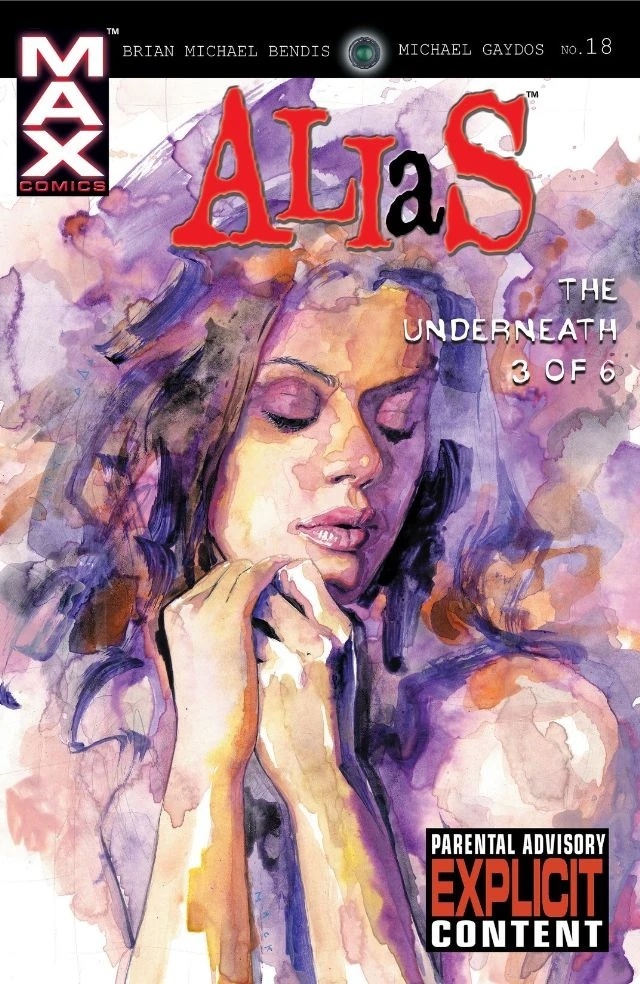There are some books that I can't read until I've achieved a pleasing balance of people whose taste I trust who think the book is good, and people whose taste I trust who think the book is bad. This allows me to cleanse my heart and form my own opinion in perfect neutrality.
As it happened I hit this balance for
The Ministry of Time some time ago, but then I still needed to take a while longer to read it because, unfortunately, I was cursed with the knowledge that a.) it was
Terror fanfiction and b.) it was on Obama's 2024 summer reading list and c.) I had chanced across the phrase "Obama says RPF is fine" on Tumblr and could not look at the front cover of
Ministry of Time without bursting into laughter. And I wanted to come to this book with a clear heart! an open mind! so I waited!
....
and then all of that waiting was in fact completely fruitless, I was never going to be able to come to this book with a clear heart and an open mind, because, Terror fanfiction aside, I'm like 99% sure that it's either a direct response to Kage Baker's
Company series or Kaliane Bradley is possessed by Kage Baker's ghost. Welcome back, Edward Alton Bell-Fairfax! The mere fact that you're so much less annoying this time around means I'm grading on a huge curve!
Okay, so the central two figures of
The Ministry of Time are our narrator -- a second-gen Cambodian-English government translator whose mother fled the Khmer Rouge, and who has gotten shuffled into a top-secret government project working with 'unusual refugees' -- and Polar Explorer Graham Gore Of The Doomed Franklin Expedition, who has been rescued from his miserable death on the ice and brought forward into the future by the aforementioned top-secret government project.
The project also includes a small handful of other time rescuees -- Graham Gore is the only actual factual historical figure, and frankly I think the book would be better if he wasn't, but that's a sidenote. Each time refugee gets a 'bridge' to live with them and help them acclimate; in Gore's case, that's our narrator. The first seventy to eighty percent of the book consists mostly of loving, detailed, funny descriptions of the narrator hanging out with the time refugees as they adapt to The Near Future, interspersed with a.) dark hints about the sinister nature of the project and the narrator's increasing isolation within it that she repeatedly apologizes to us for ignoring, b.) dark hints about the oncoming climate apocalypse, c.) reflections the narrator's relationship to her family history, and d.) intermittent bits of Terror fanfiction about Gore's Time On the Ice.
I do not think this part of the book is necessarily well-structured or paced, but I did have a great time with it. Does it feel fanfictional? Oh, yes. The infrastructure that surrounds this hypothetical government project is almost entirely nonexistent in order to conveniently allow the narrator long, uninterrupted stretches to attempt to introduce Graham Gore to various forms of pop music;
![[personal profile]](https://www.dreamwidth.org/img/silk/identity/user.png) genarti
genarti described it cruelly but perhaps accurately as "Avengers tower fanfic". But I like the thematic link between time travelers and refugees, and I like the jokes, and I like the thing Bradley is doing -- the thing Kage Baker does, that I am extremely weak to -- where just when you're lulled into enjoying the humor of anachronism and the sense of humanity's universal connection you run smack into an unexpected, uncrossable cultural gap and bruise your nose.
Now, this only ever happens with Gore, because Gore is the only one of the refugees who is a real person in several ways. Margaret (the seventeenth-century lesbian) and Arthur (the gay WWI officer) are likeable gay sidekicks, and then there's a seventeenth-century asshole whose name I've forgotten. At one point Arthur tosses off a mention to his commanding officer 'Owen who wrote poetry' and I nearly threw the book across the room. Have the courage of your convictions, Kaliane Bradley! None of these coy little hints, either do the work to kidnap Wilfred Owen and Margery Kempe from history or don't! But Gore is obsessively drawn and theorized and researched, because, of course, the whole book is largely about Being Obsessed With Gore, about interrogating why the narrator, a not-quite-white-passing brown woman from an immigrant family, has built her whole life around this sexy British naval officer turned time refugee, symbolic of the crimes and failures of empire in six or seven different directions. A bit navel-gazey, perhaps, but as a person who spent five books begging Kage Baker to think at
all critically about the horrible British naval officer turned time refugee she'd built, I'm just like, 'well, thank God!'
And, again, for the five people who care, I cannot emphasize enough just how similar Gore is to Edward Alton Bell-Fairfax and yet miraculously how much less annoying. They both have a code of ethics formed by the loyal and genuine belief in the good work done by the British Imperial project (thematically and historically reasonable); a shocking level of natural charisma combined with various secret agent skills at weaponry, deception, strategy and theft (extremely funny, extra funny with Gore because as far as I can tell what we know about him From History is 'normal officer! popular guy!'); and -- such a specific detail to have in common! -- Big Sexy Nose That The Man In Question Is Really Self-Conscious About.
And both of them, of course, end up struggling to navigate their positionality in the Imperial machine, between government operative-with-agency and experimental-subject-with-none.
So that's the first seventy to eighty percent of the book, and then, in the last twenty to thirty percent of the book, the dark hints finally resolve into the actual plot,
( which is IMO successful in theme but completely goofy in actual detail )





